Beautiful Work Info About How To Tell If You Have An Concussion

In the u.s., experts estimate that there are between 1.6 and 3.8.
How to tell if you have an concussion. Following a bump, jolt, or blow to the head, you may experience a concussion. Feeling sluggish, hazy, foggy, or groggy. Concussion management has long been a problem for doctors, patients, and coaches alike.
It is the most common but least serious type of. Feeling sick ( nausea ). Neurological exam your healthcare professional asks detailed questions about your injury and then performs a neurological exam.
If you seek medical care, your doctor will do a concussion assessment that consists of: The most common symptoms of concussion are confusion and/or memory loss about the event that led to the head injury. Bothered by light or noise.
3 and went on the il for the rest of the season, he hit. Standing with feet together, eyes closed; Been knocked out and has not woken up difficulty staying awake or keeping their eyes open a fit (seizure) fallen from a.
Loss of consciousness memory problems confusion drowsiness or feeling sluggish dizziness. Confusion, or concentration or memory problems. Common symptoms after a mild traumatic brain injury are headache, confusion and loss of memory, known as amnesia.
Neck or face body when you are hit on the head or body, your brain moves inside the skull. Being unable to recall events that occur before or after the injury 2. Signs of concussion include headache, eye pain or fatigue, neck pain or stiffness, imbalance, impaired depth perception, difficulty remembering, or sleep pattern.
Appearing to be stunned or dazed 3. Confusion or feeling disoriented drowsiness or feeling sluggish dizziness double vision or blurred vision Whether your impact occurred today, or two years ago, concussion symptoms should not be taken lightly.
These are symptoms of a possible concussion: Military service an earlier concussion other than direct blows to the head, concussions can be caused by foreign objects. If the person becomes violent, acts out, or loses interest in their favorite things or activities, this can also indicate a concussion.
Being unable to recall instructions 4. This movement can cause brain injury, such as a concussion. Headache nausea or vomiting sensitivity to light or sound ringing in the ears dizziness insomnia concentration or.
Headache vomiting or nausea trouble thinking normally memory problems trouble walking dizziness vision problems fatigue. A concussion to the back of the brain causes balance. Symptoms of mild tbi and concussion are different for each person.


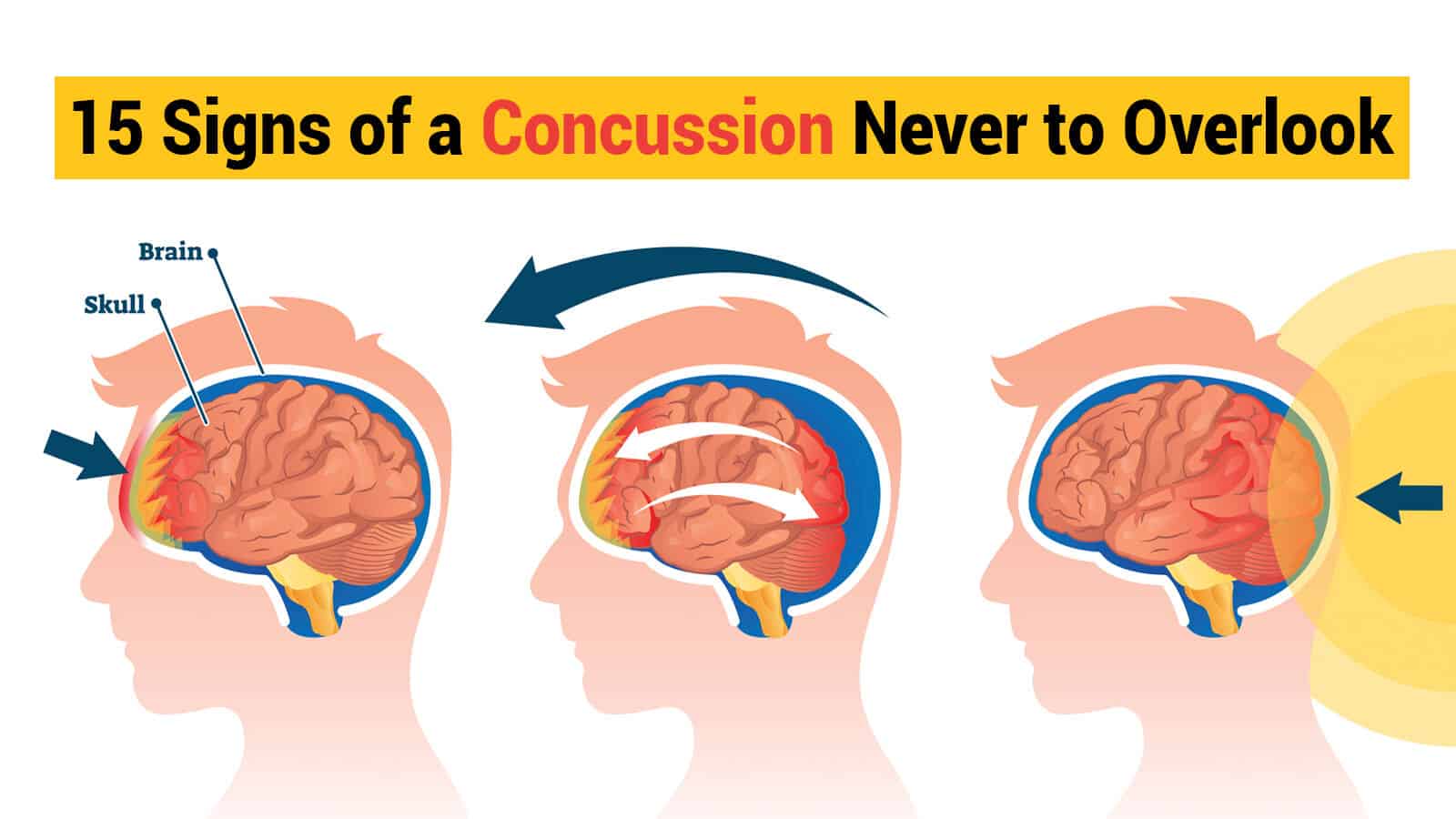

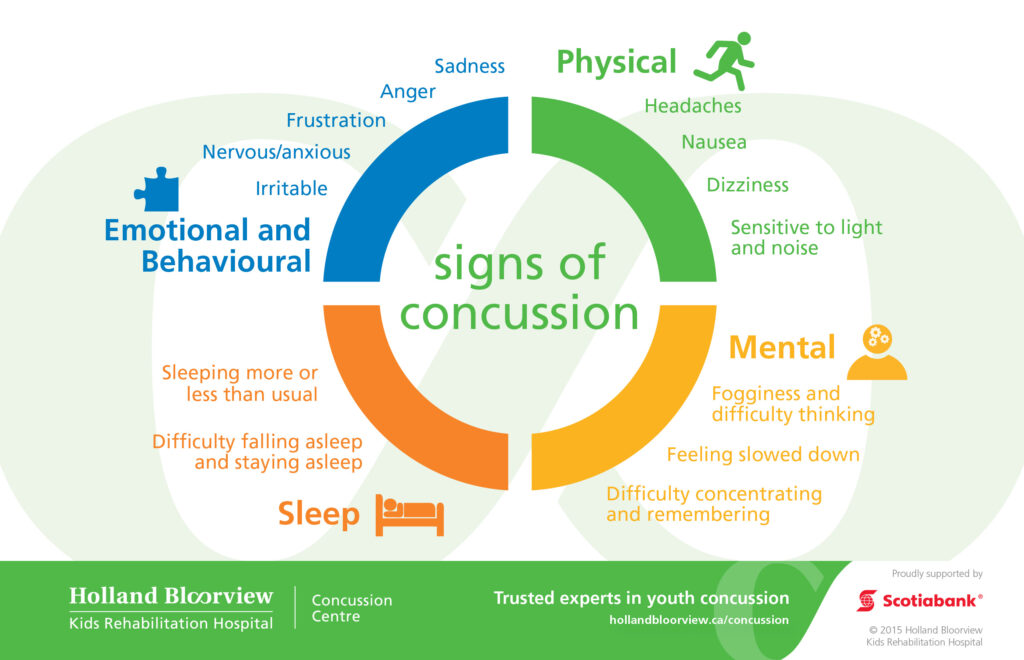
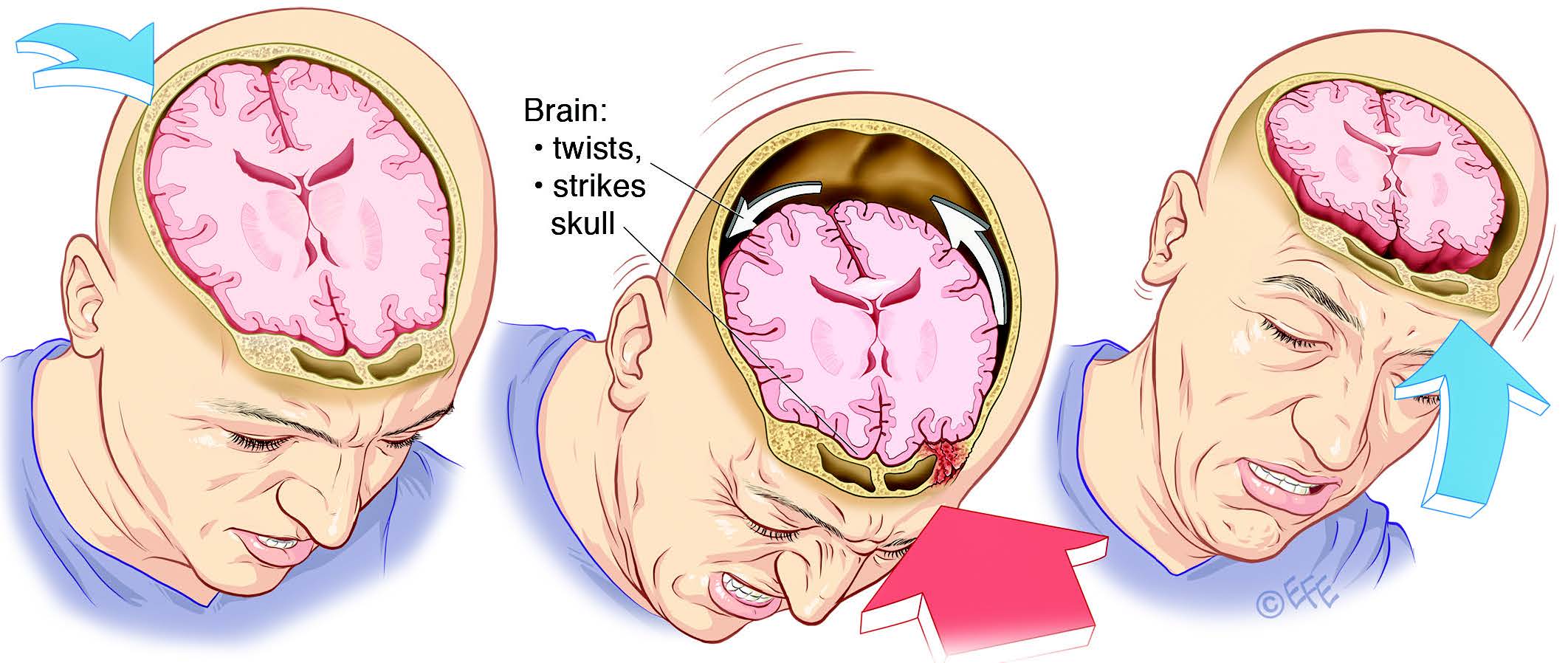

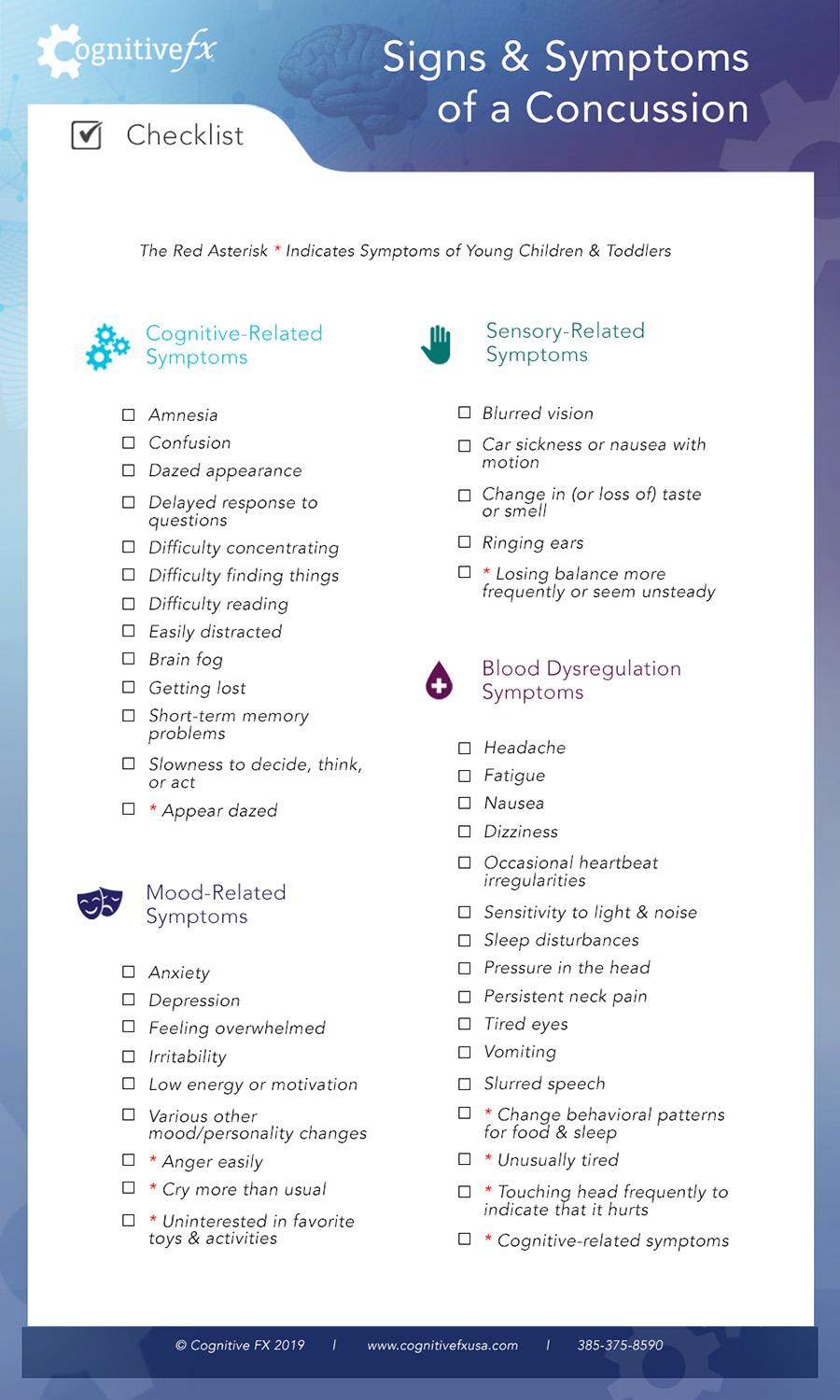
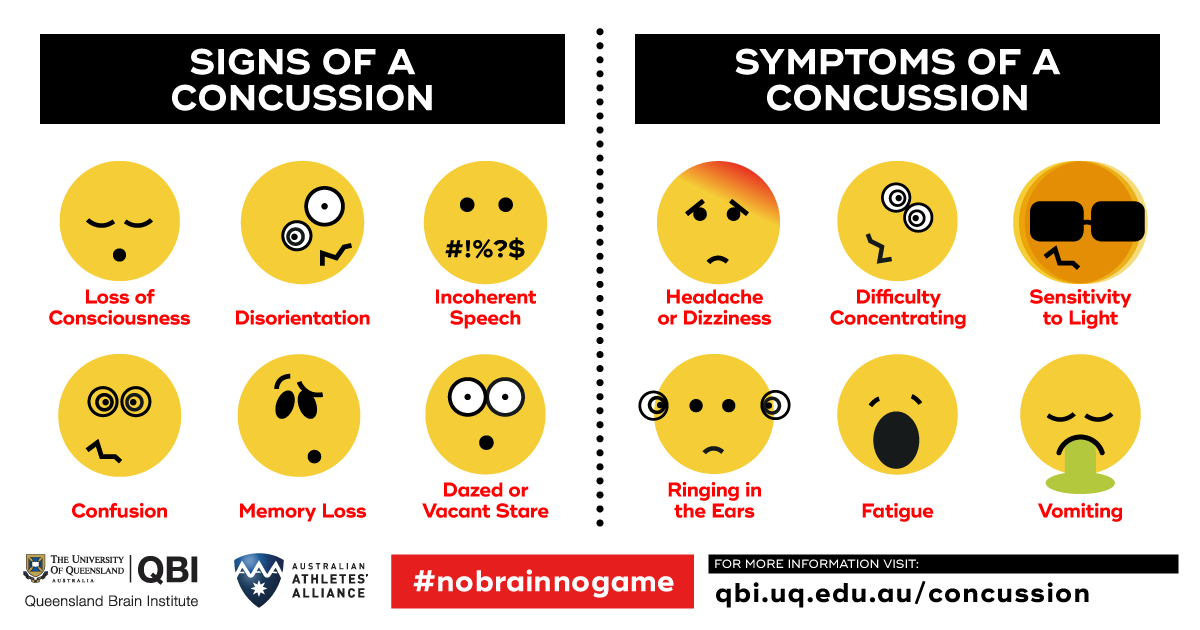


:max_bytes(150000):strip_icc()/How-to-tell-if-you-have-a-concussion-5188754_final-82306387ee12457b9af94604ab86013e.jpg)

![[Infographic] What is a Concussion Causes and How to Check](https://www.findatopdoc.com/var/fatd/storage/images/_aliases/fb_thumb/top-videos-and-slideshows/what-is-a-concussion/611327-1-eng-US/What-is-a-Concussion.jpg)




